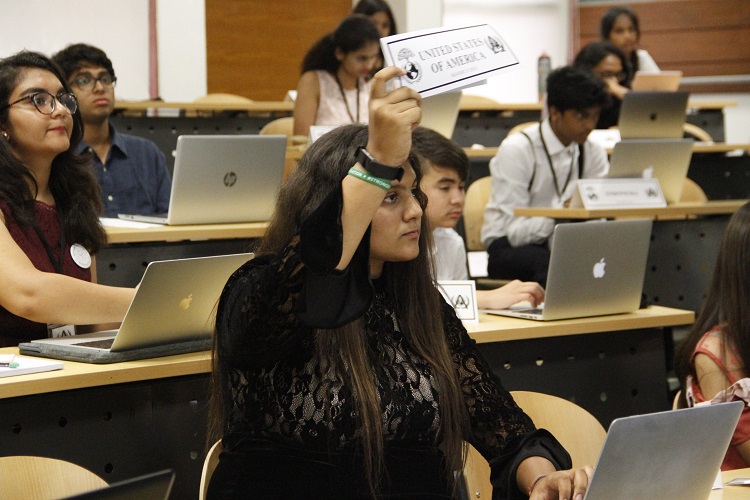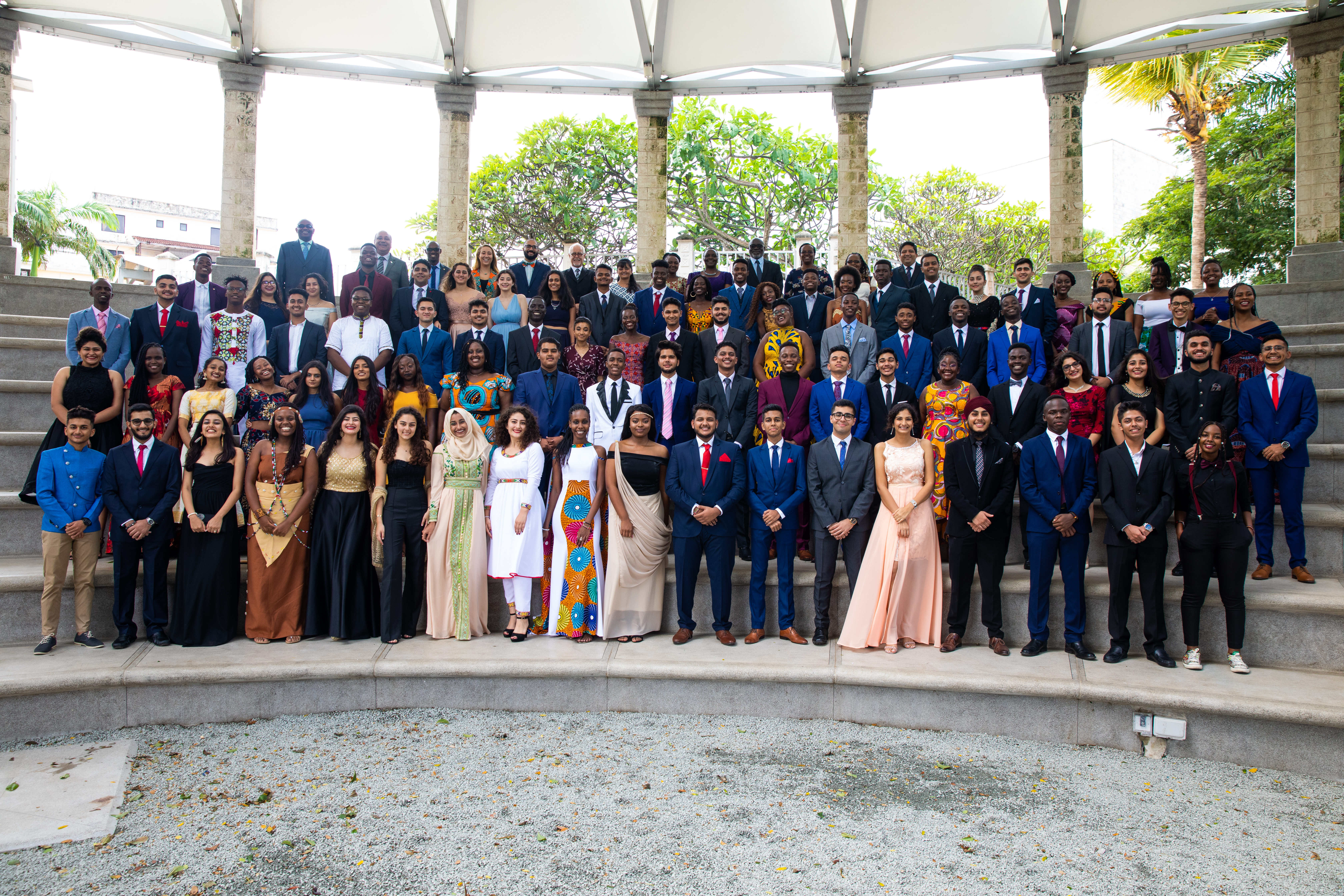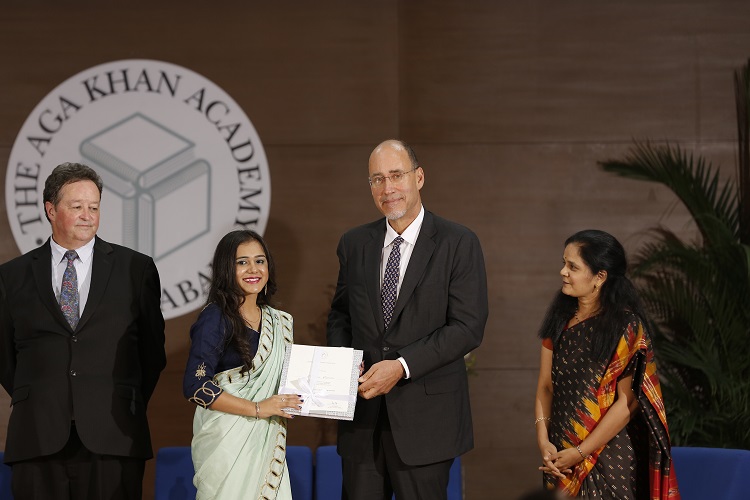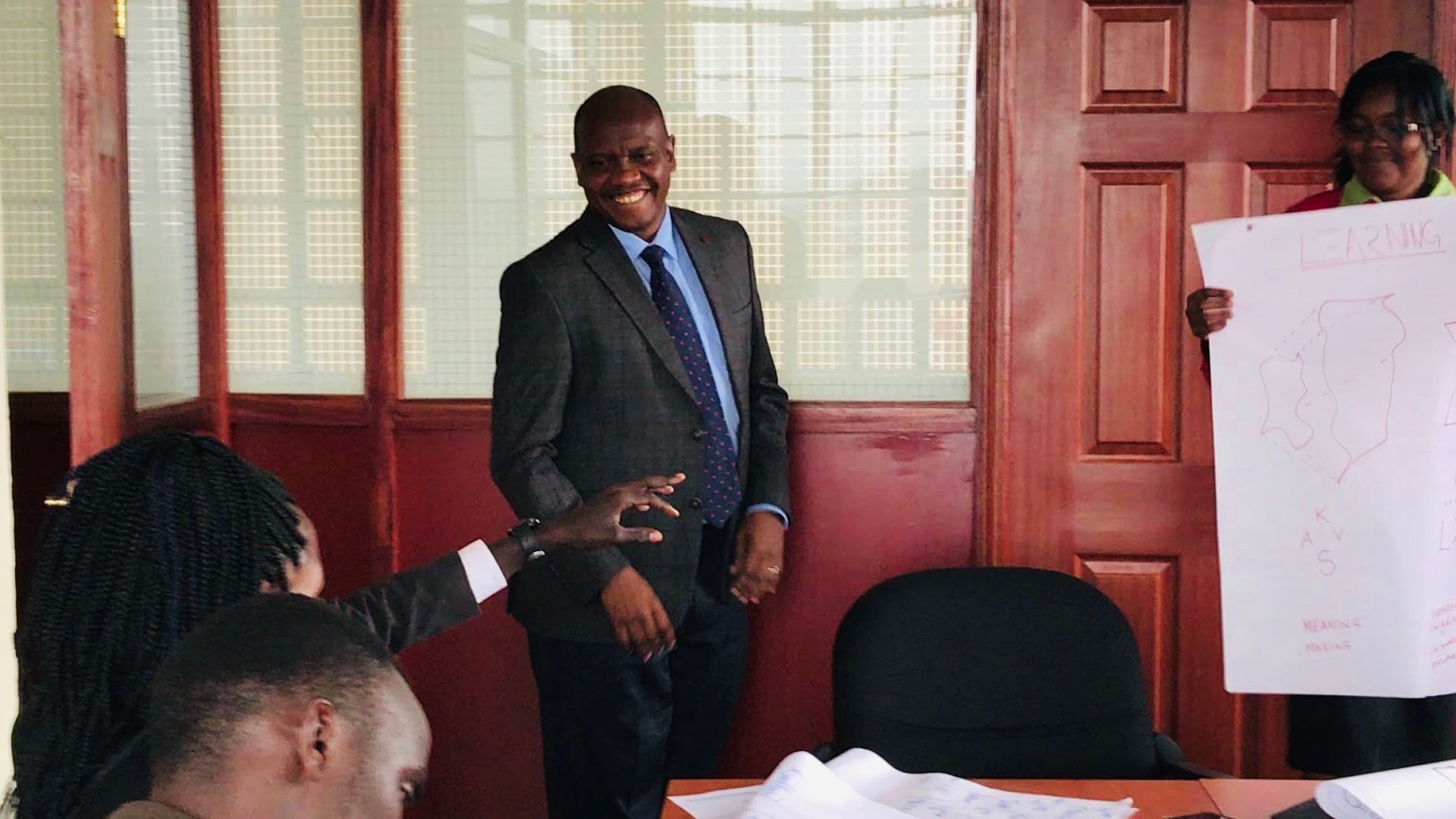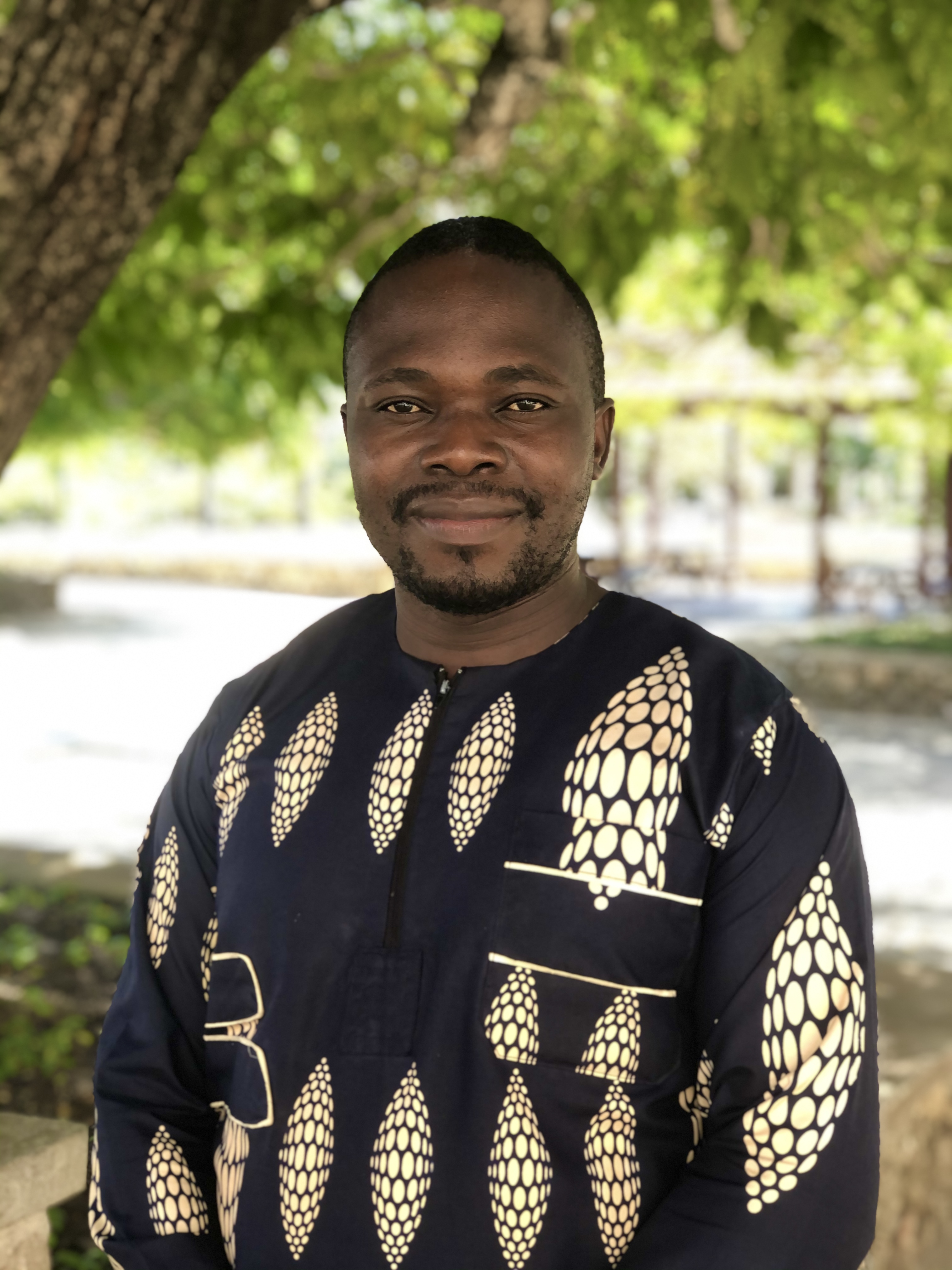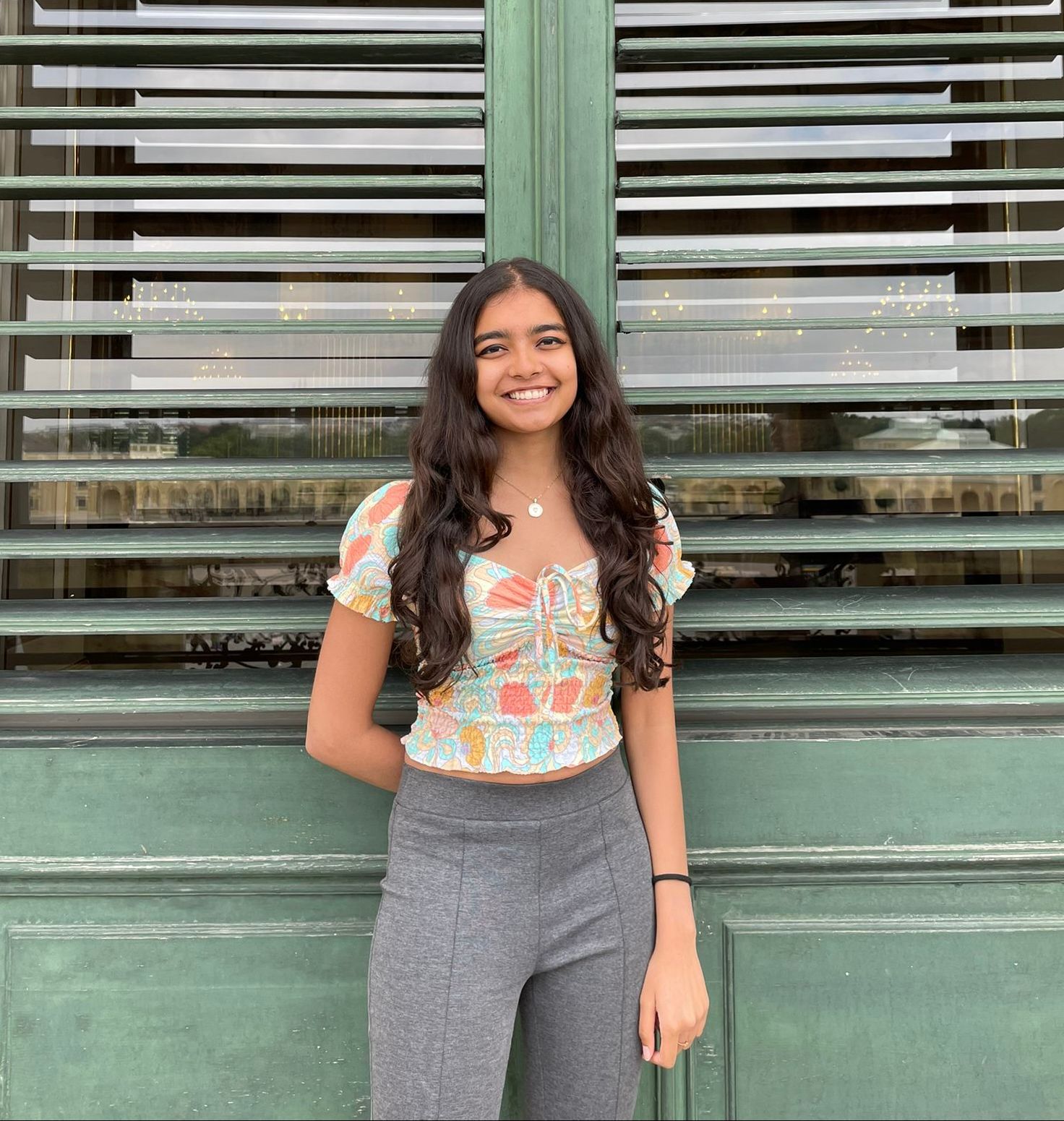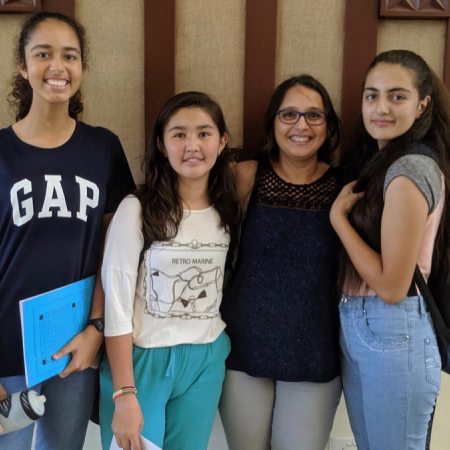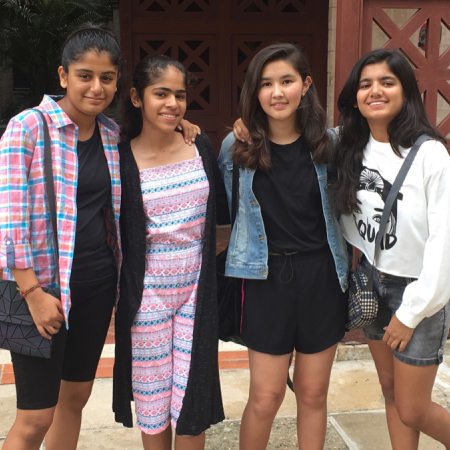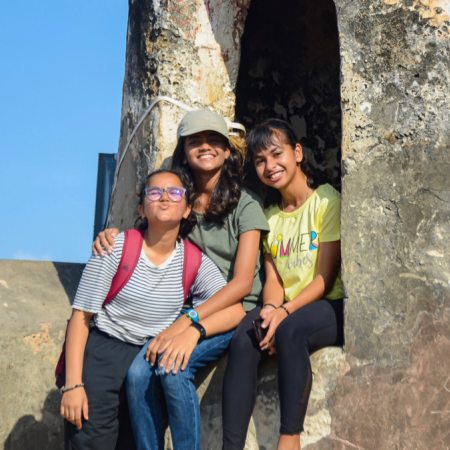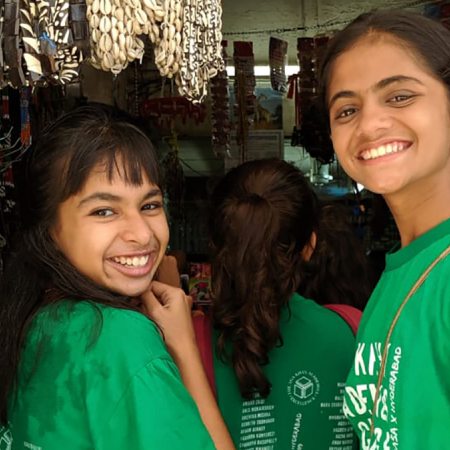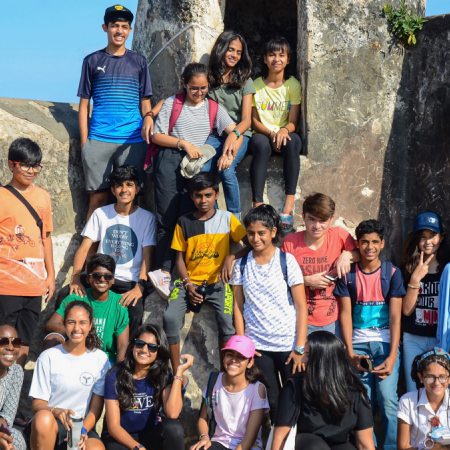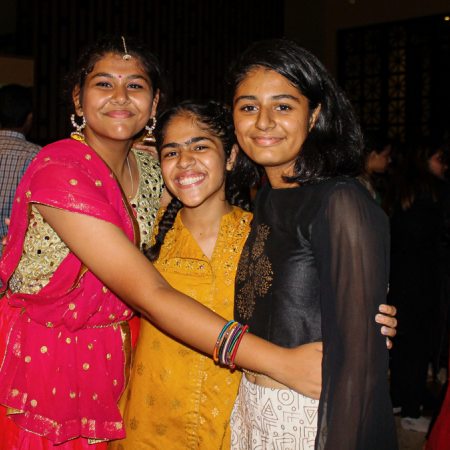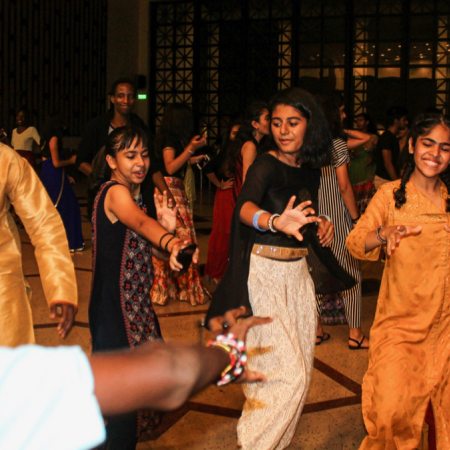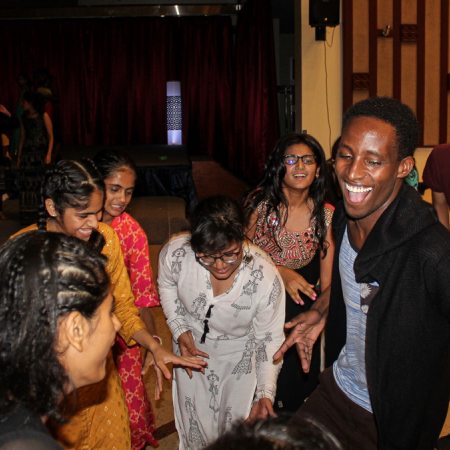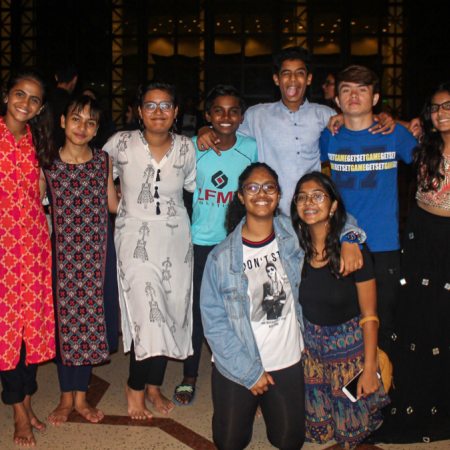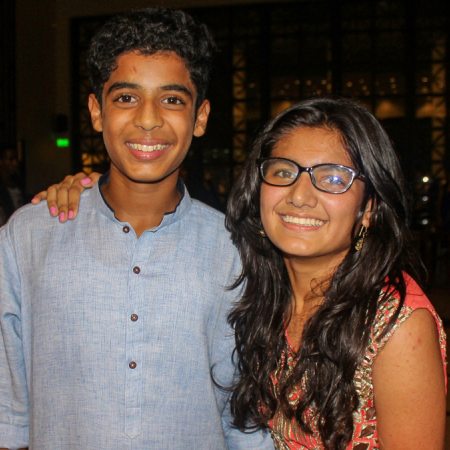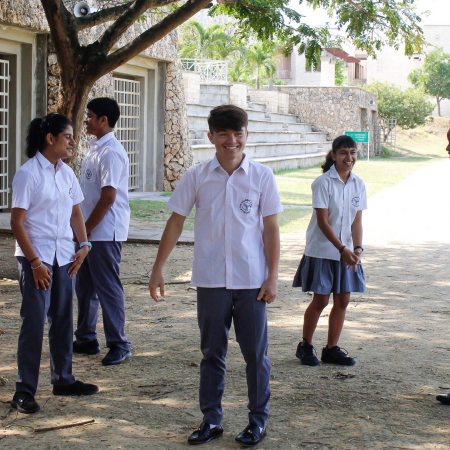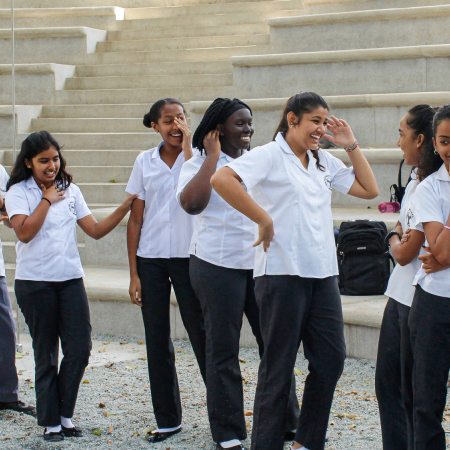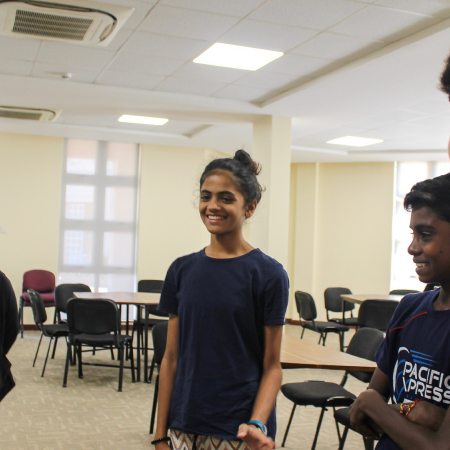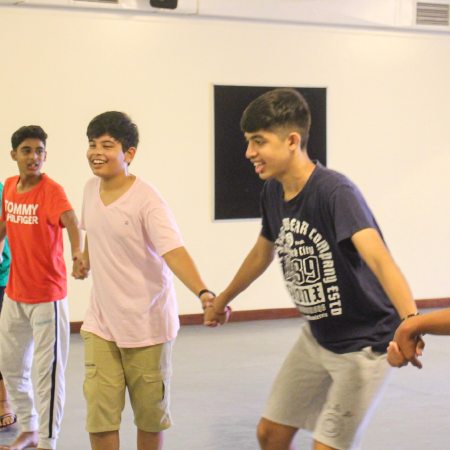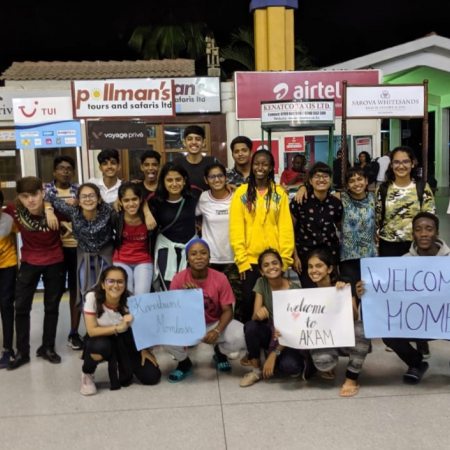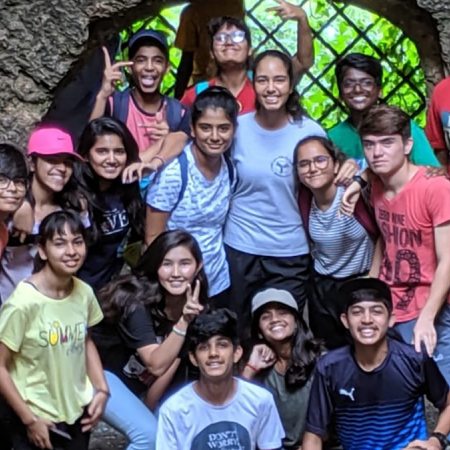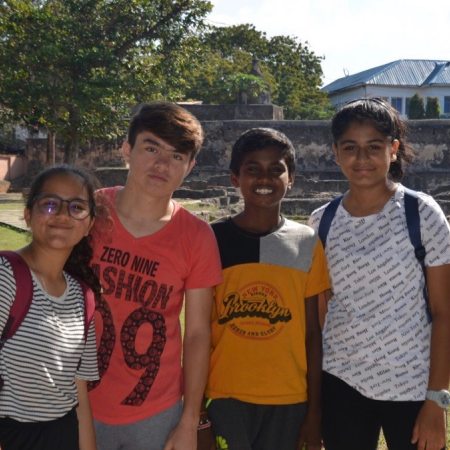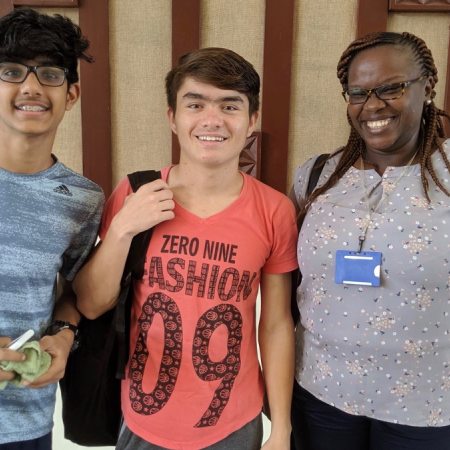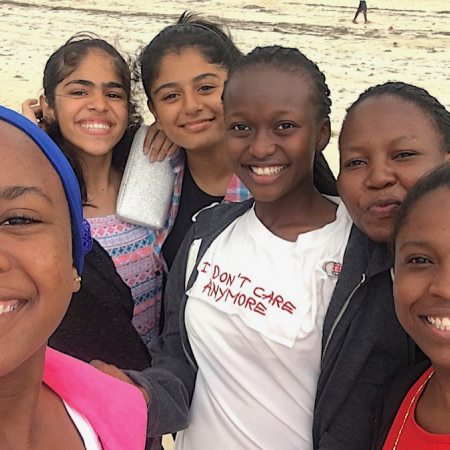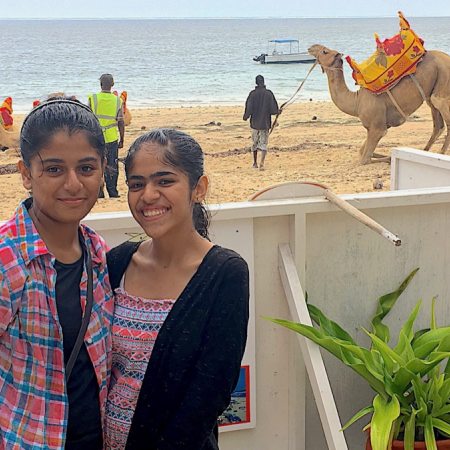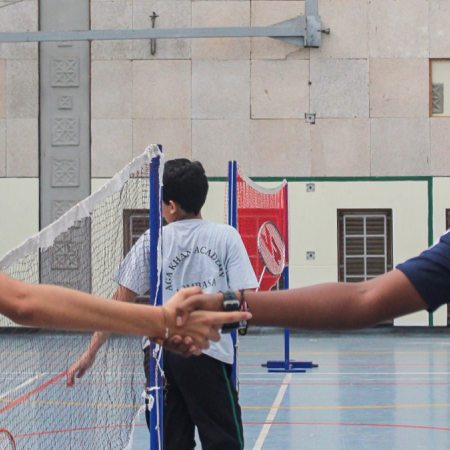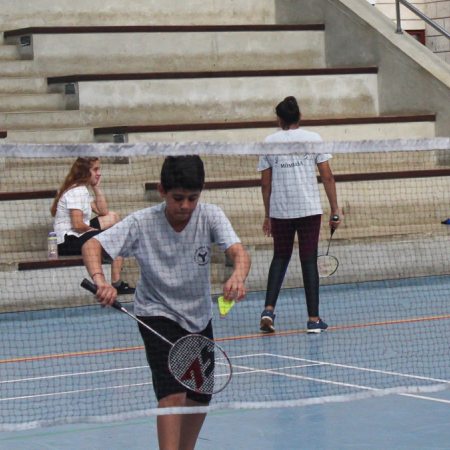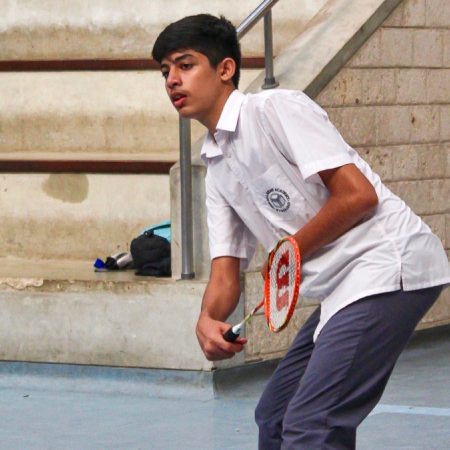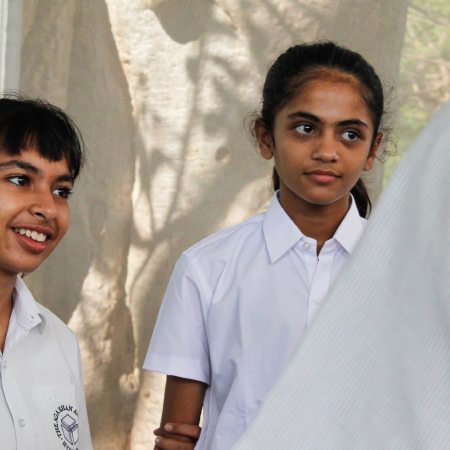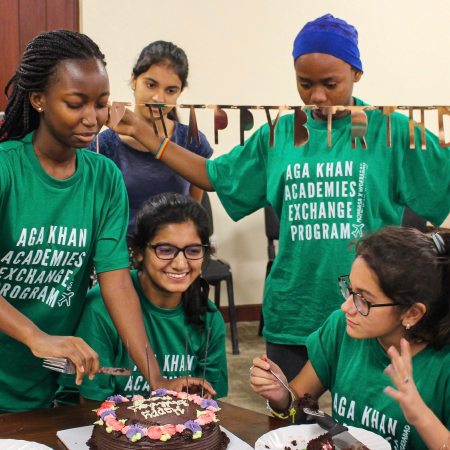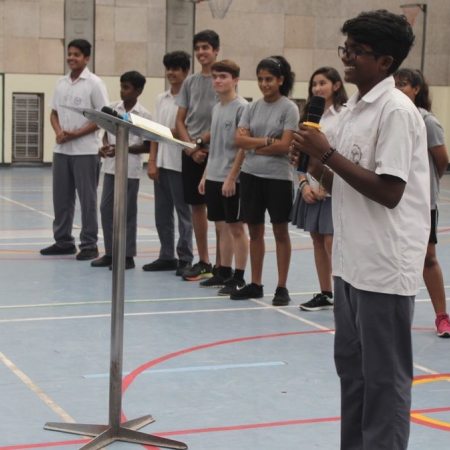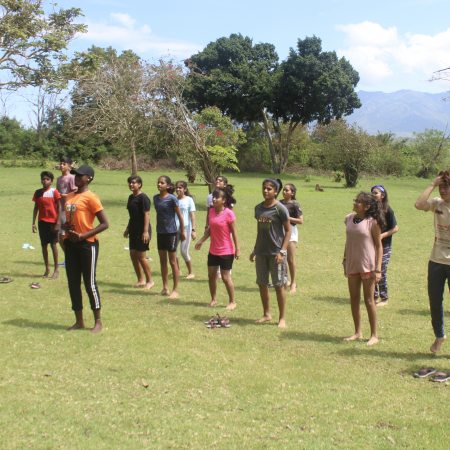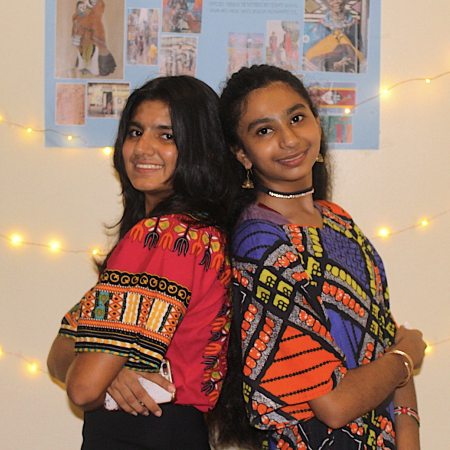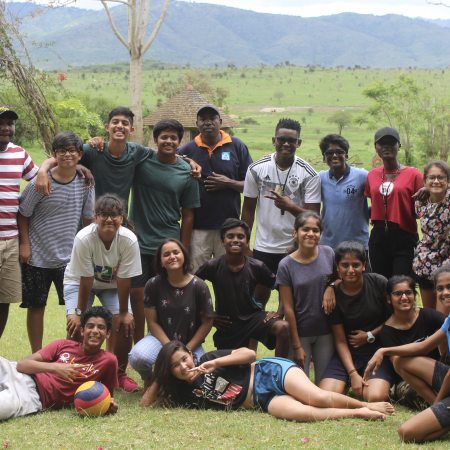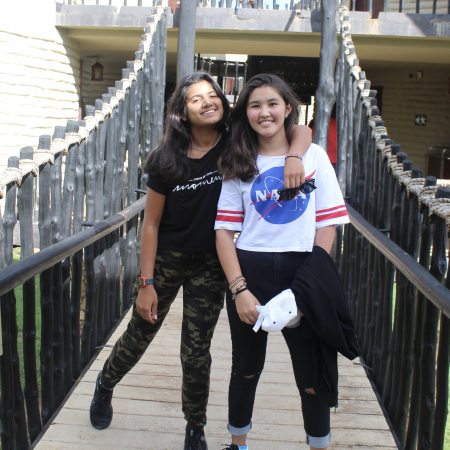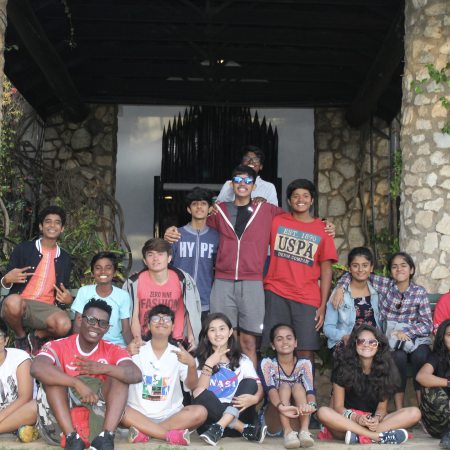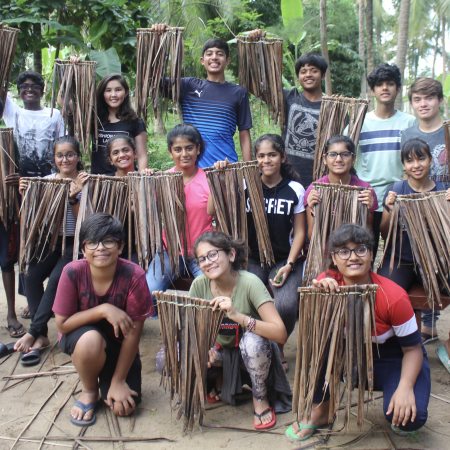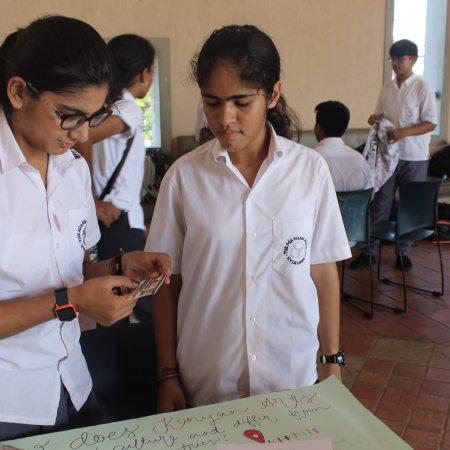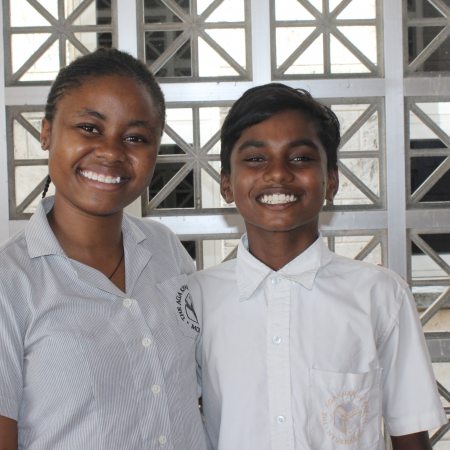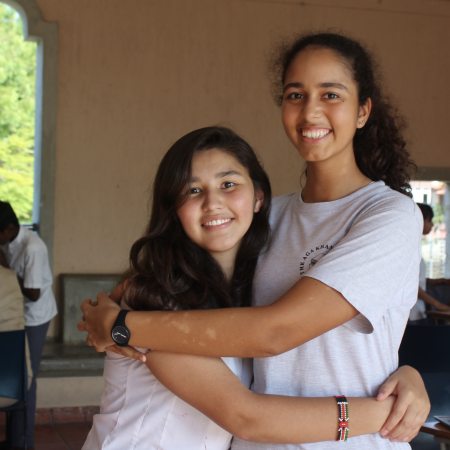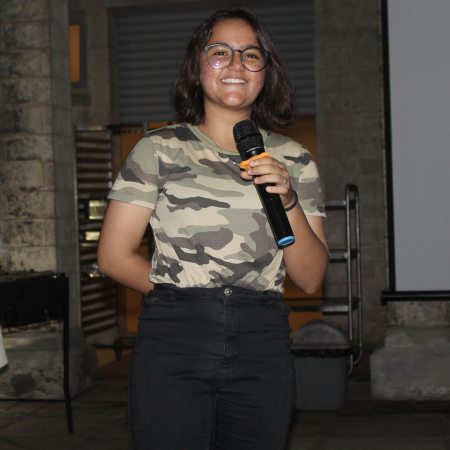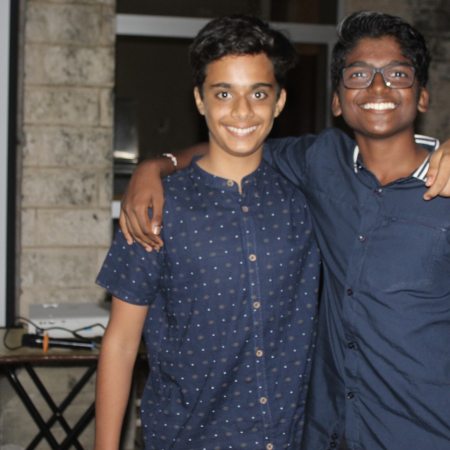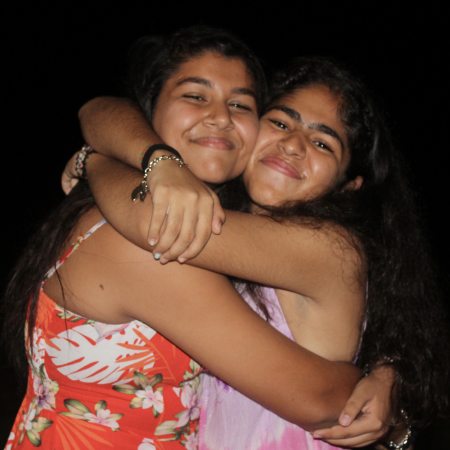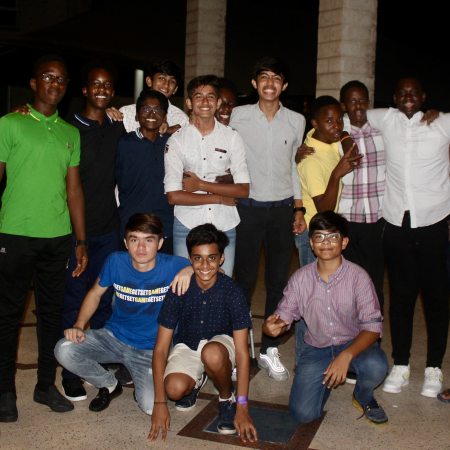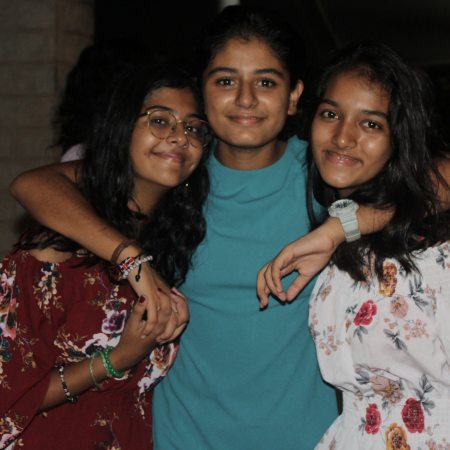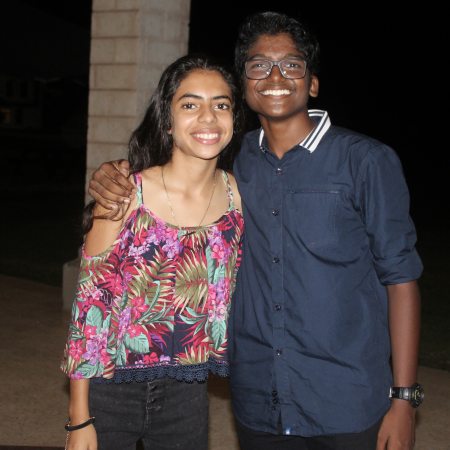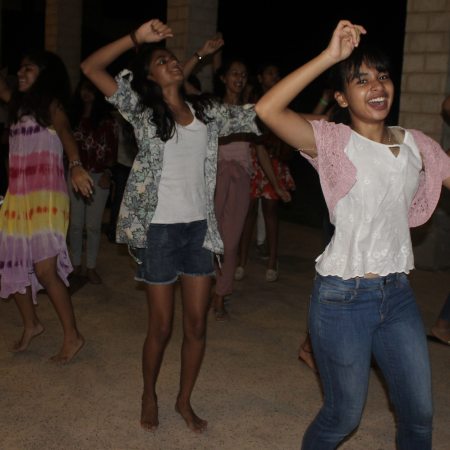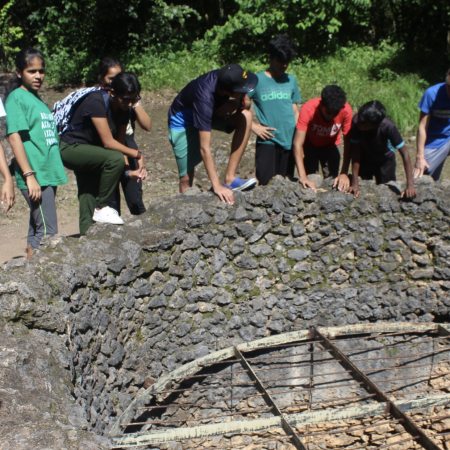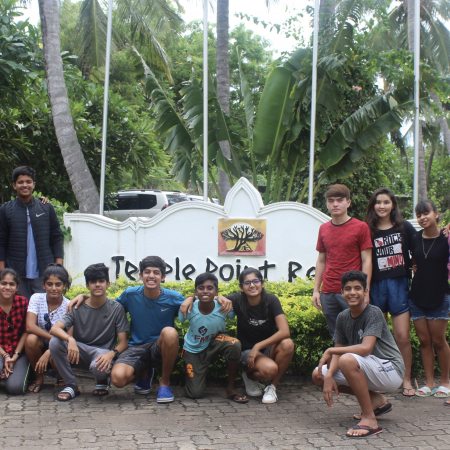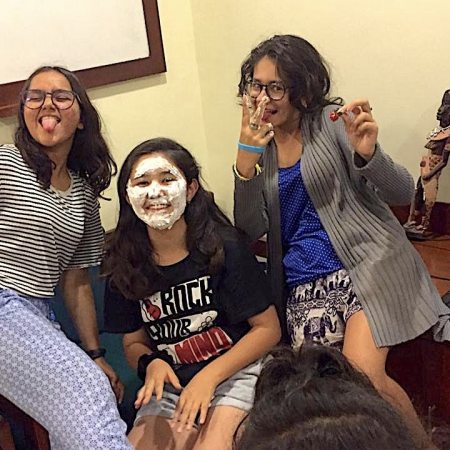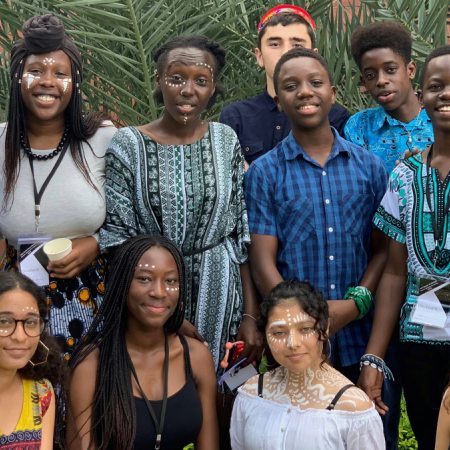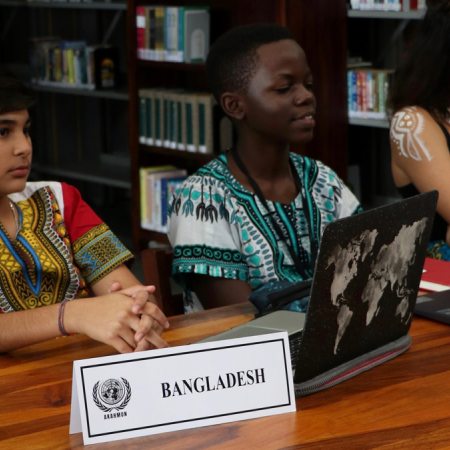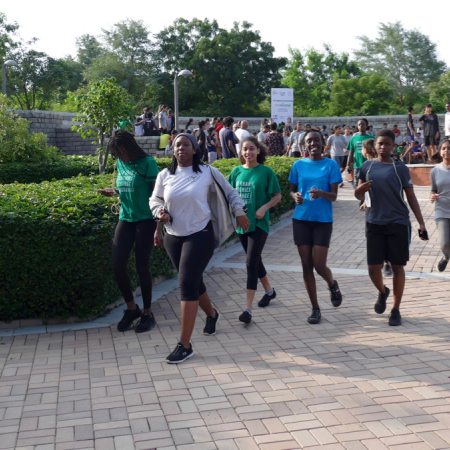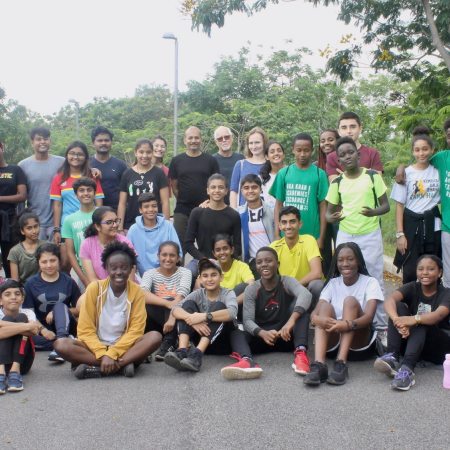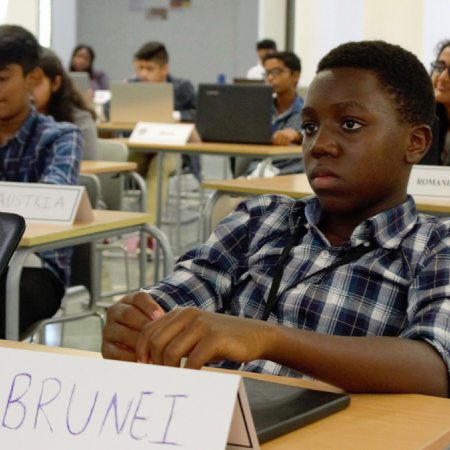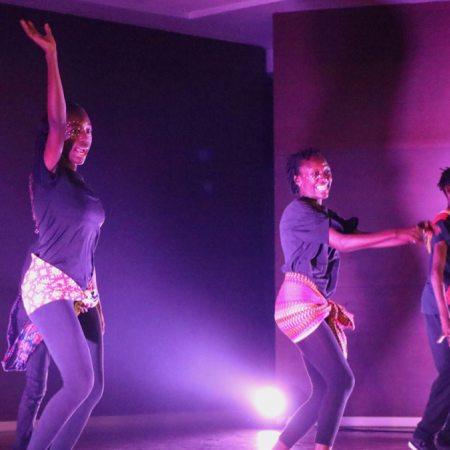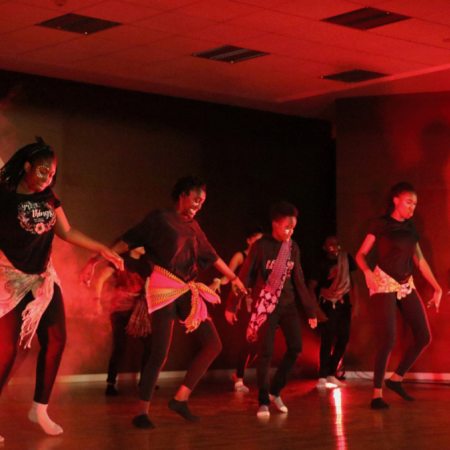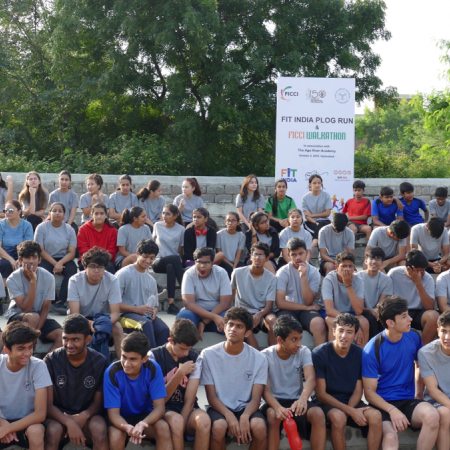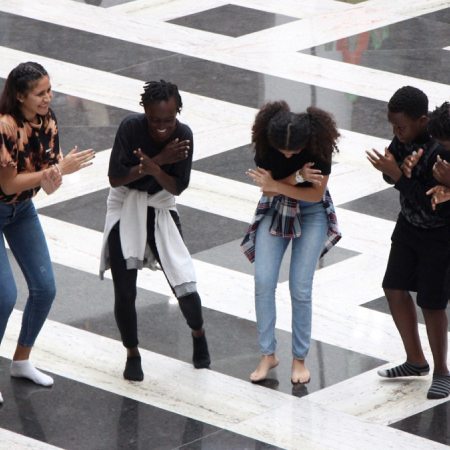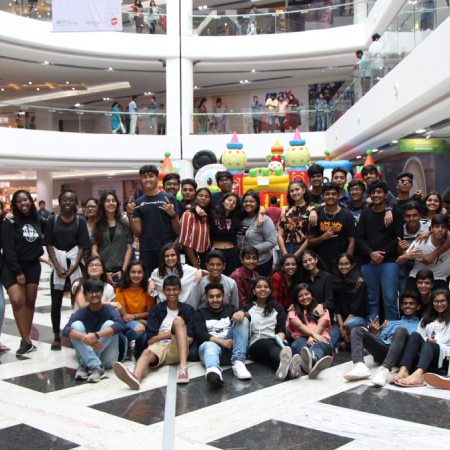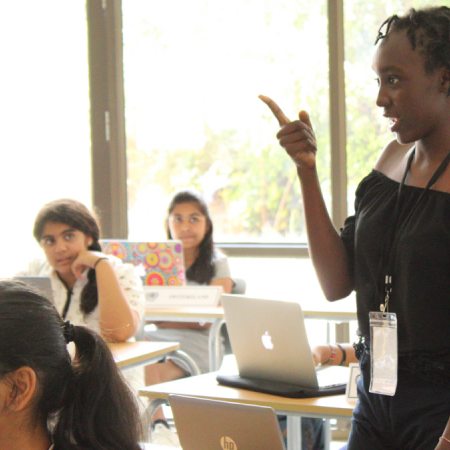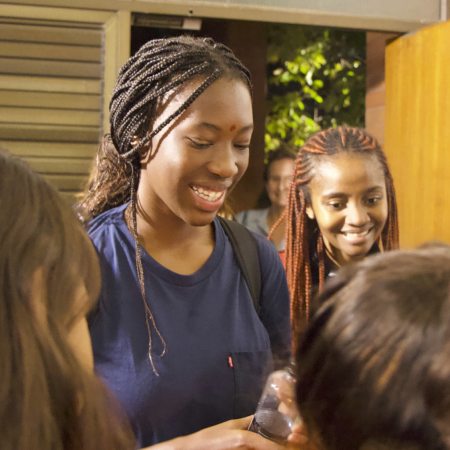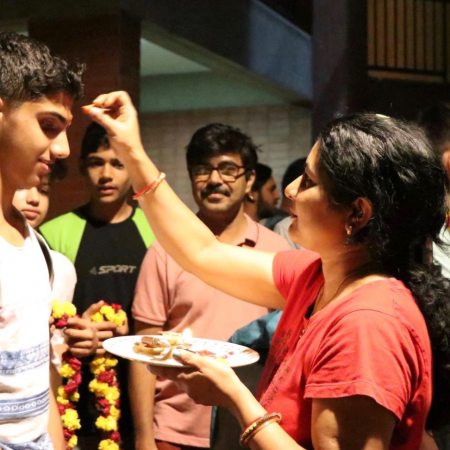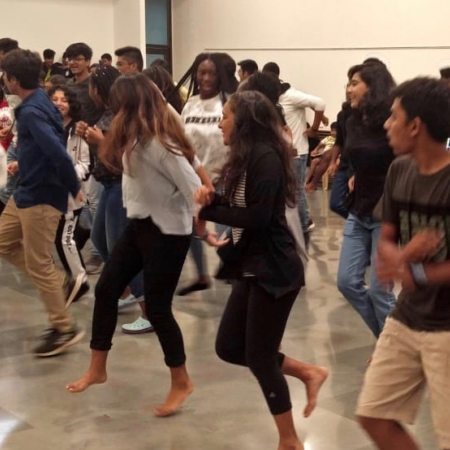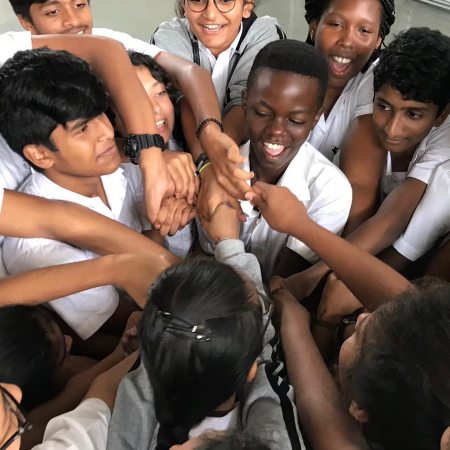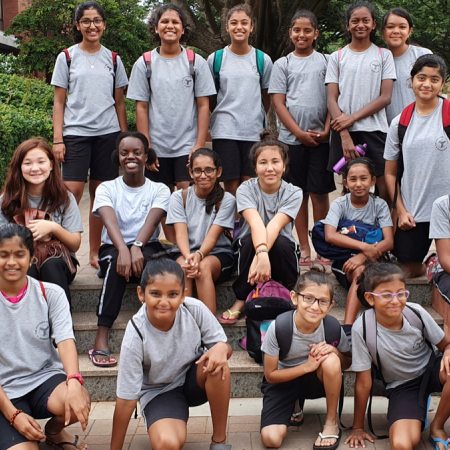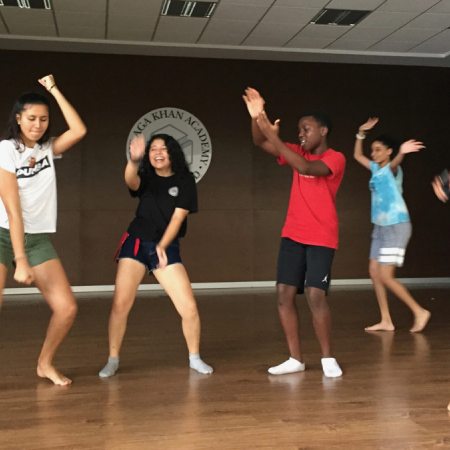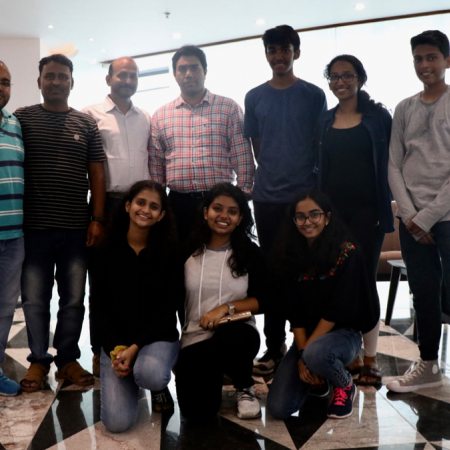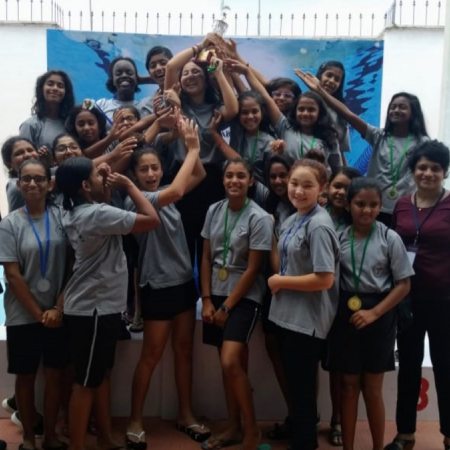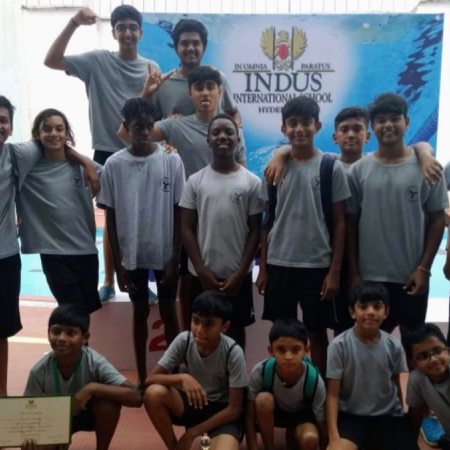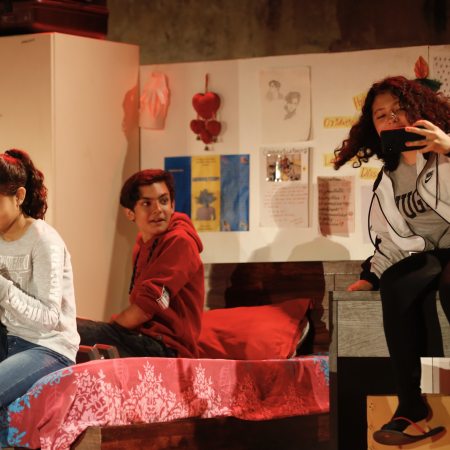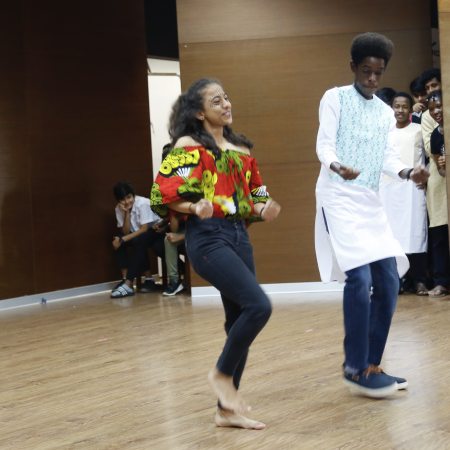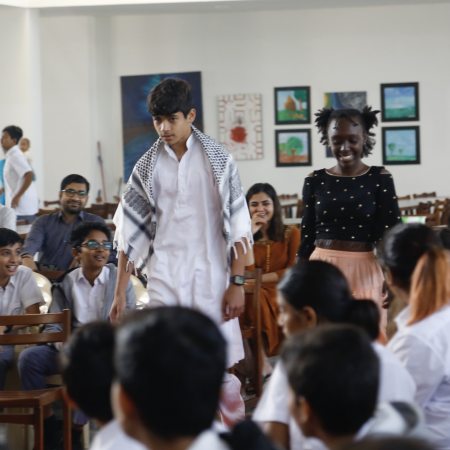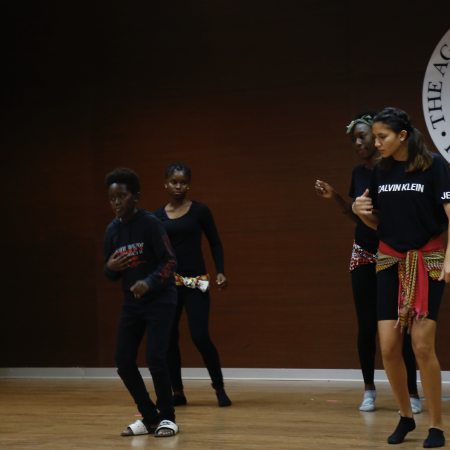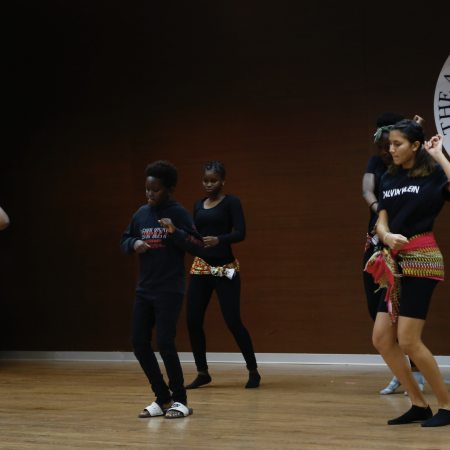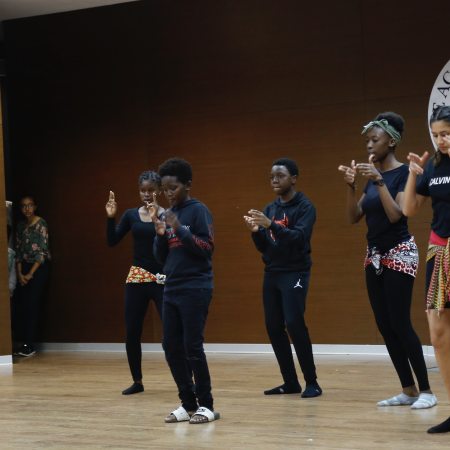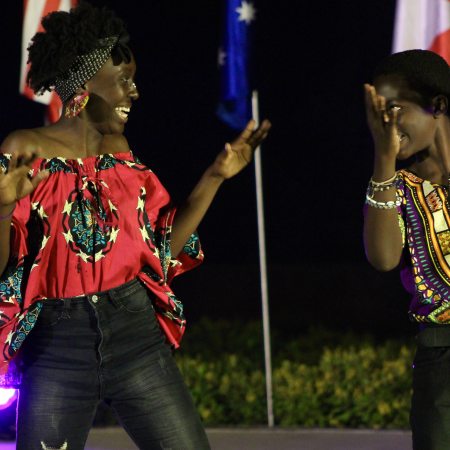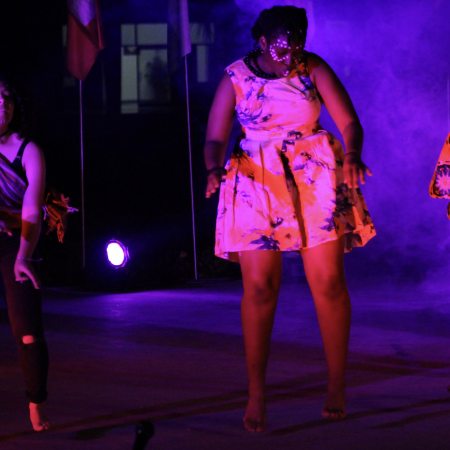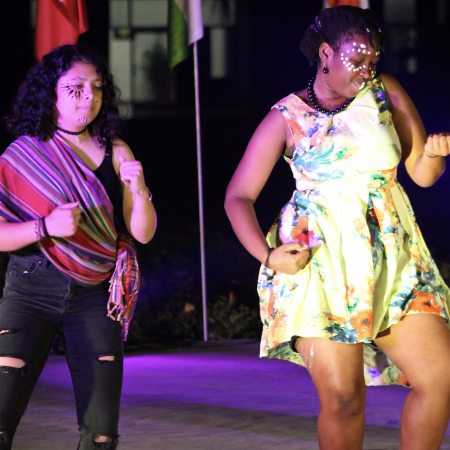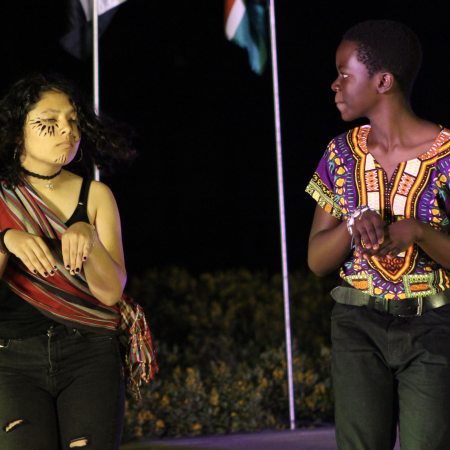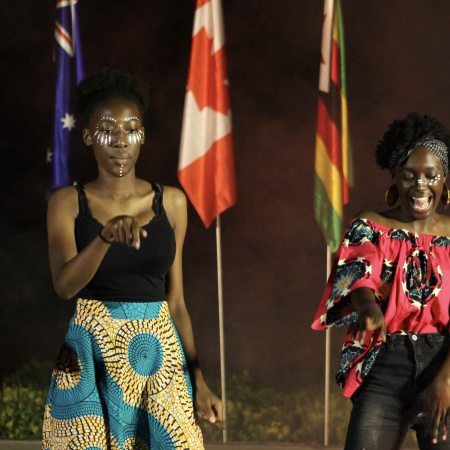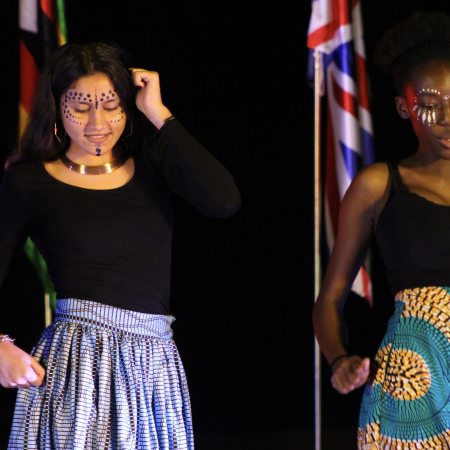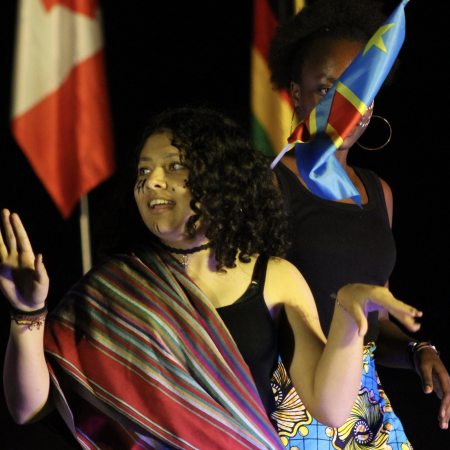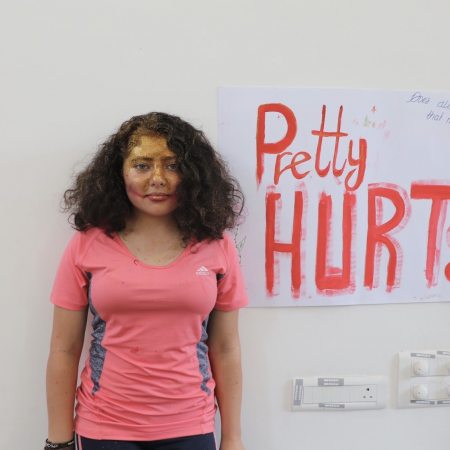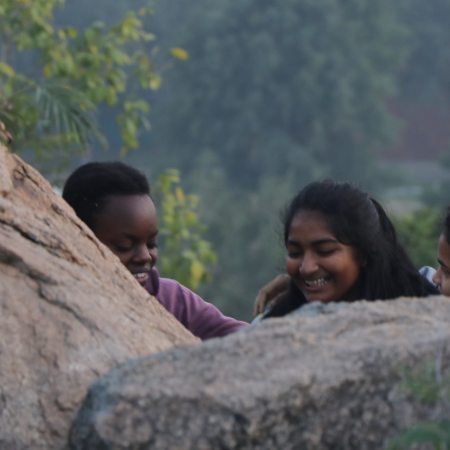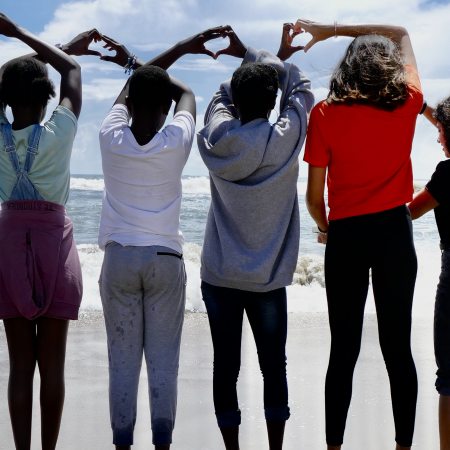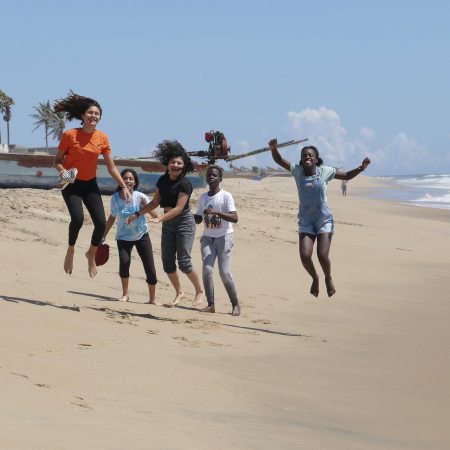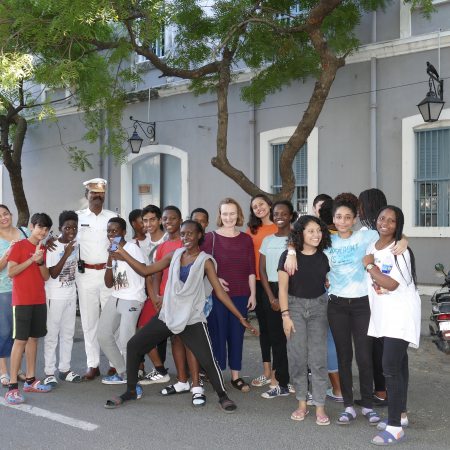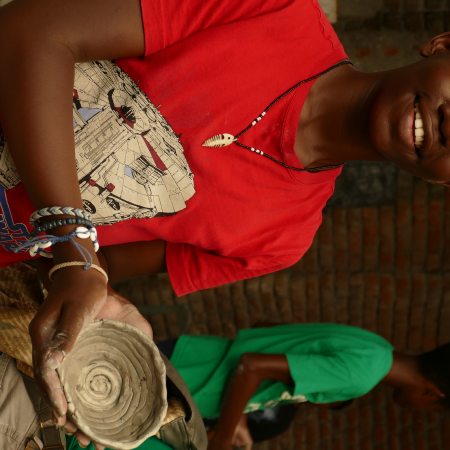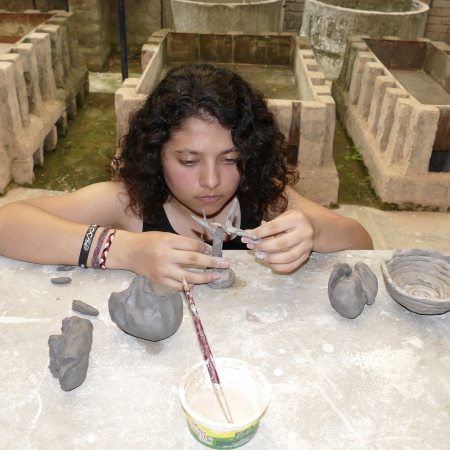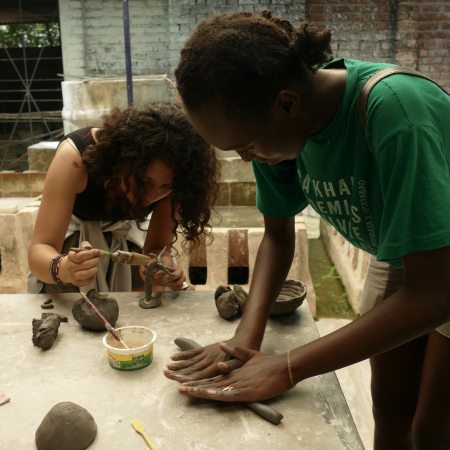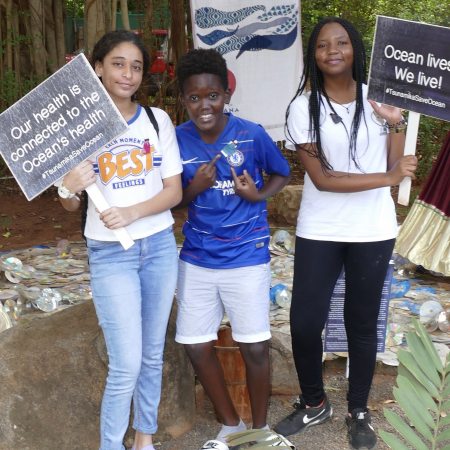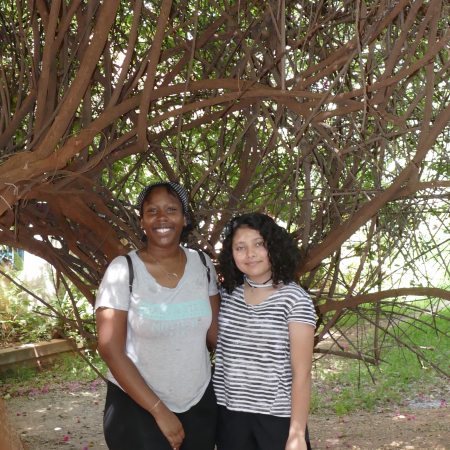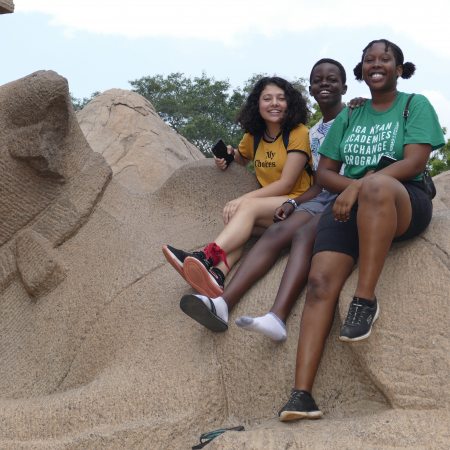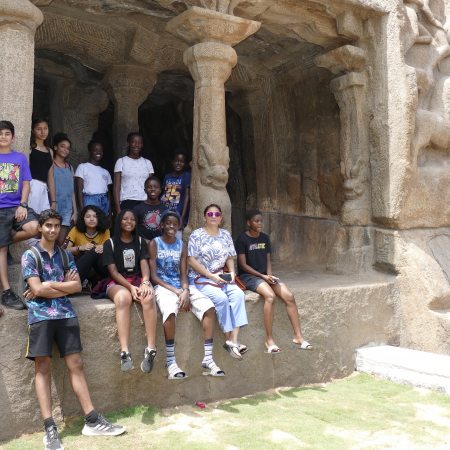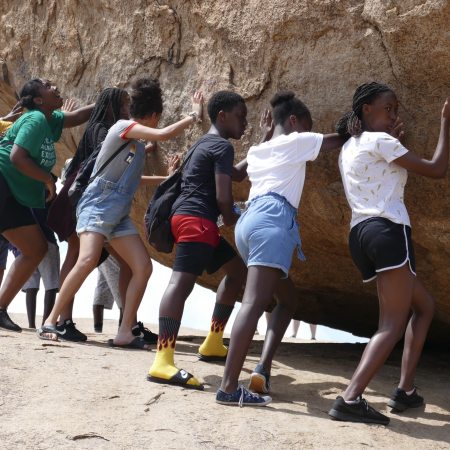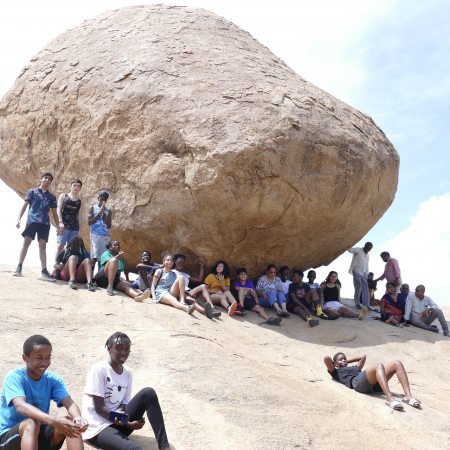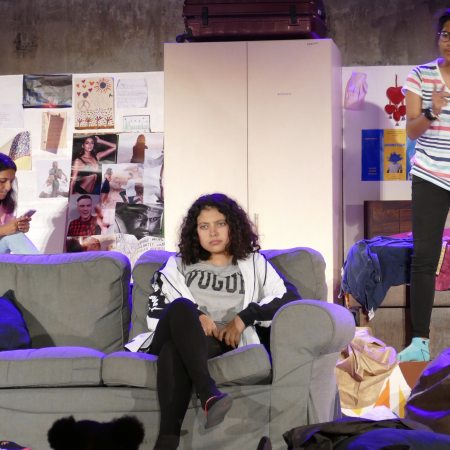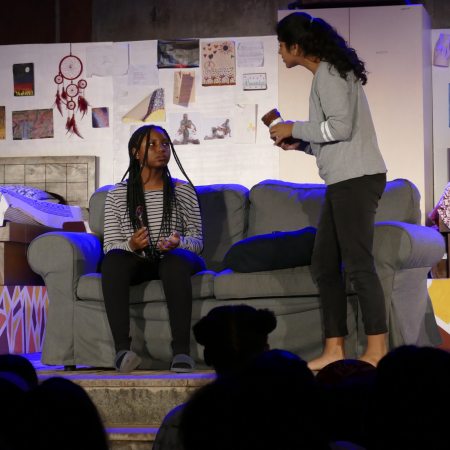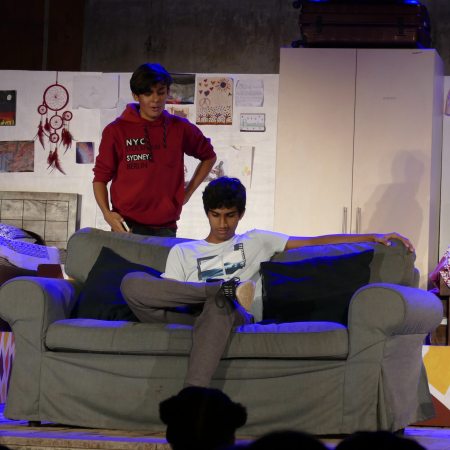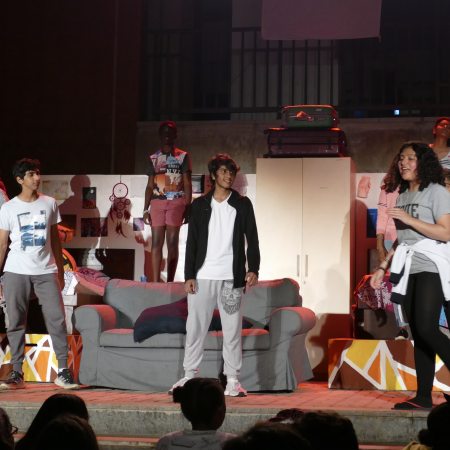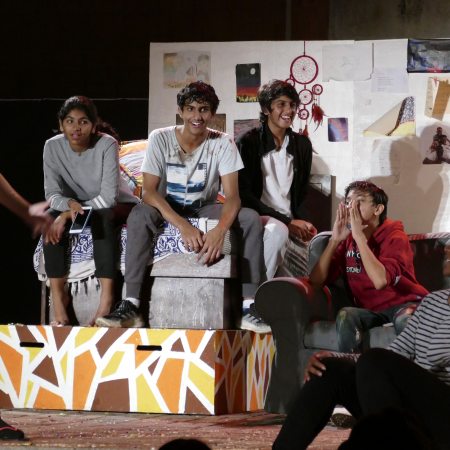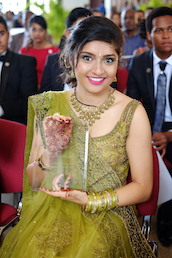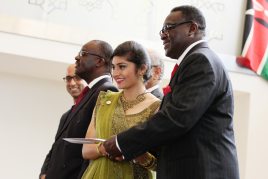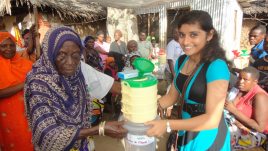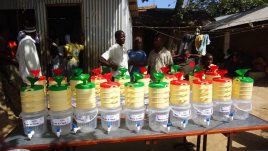Ethical, effective, pluralistic: The Aga Khan Academies
The Aga Khan Academies are a global network of schools that produce future leaders who are ethical, effective and pluralistic.
Anahita Aman (Class of 2020): building on her Academy experiences to pursue International Development
Anahita Aman, a graduate of the batch of 2020 was here at the academy for 8 years. Currently pursuing History at University College London, she hopes to build a career in International Development.
Having spent her fundamental years at the Academy, Anahita credits the Academy for shaping her into who she is today, not just as a person, but in her interests and career choices as well. Anahita lived in the residences, and she majorly misses that feeling of knowing everyone and the close-knit community here, “which is hard to find in college when you are an international student in a different country” she expressed.
Anahita is currently preparing to pursue International Development as her career and the opportunities provided in school in terms of CAS (creativity, activity, service), and the internship programme at the time which felt like requirements, actually strengthened her application. She believes that the IB is more helpful than we assume it to be, as it instigates a voice inside you that you don’t get in the other curriculums which are a lot to do with mugging up. Anahita proclaims, “Even though you are working in criteria and a certain structure, you still have the space to express your viewpoint.”
The transition from school to university was one she found difficult “School does prepare you for all the writing and reading, but college just gets way more intense, the expectations are way higher, and in school, you have all these teachers who are constantly helping you and you can go sit with them but that kind of comfort is harder to find at university because it is a much larger community with thousands of students so comparatively school is a more close-knit community but university is daunting in that sense.”
The one experience that firmly stuck with Anahita was the Model United Nations (MUN). She served as the Secretary-General for AKAHMUN 2019-20. The MUN taught her a lot in terms of management, planning, communication, leadership and even finance as you work towards an event dealing with multiple stakeholders in the Academy. Known for her calm nature, Anahita was a completely different person in the MUN. She said “That was a fun thing, I never knew that side of me existed until I was put into the position. I didn’t know if I could do it but when you are in the atmosphere and put in that position I think some part of you just takes charge. That’s a new side of me that I saw, that boosted my confidence because I realised I could lead people if I needed to and it was a great thing.”
Anahita calls the Academy a second home, practically growing up there. She believes the IB, teachers, the residences, and her friends have helped and impacted her in more ways than one and have had a significant impact on who she is today.
Student Exchange 2019 Gallery: Hyderabad students in Mombasa
Student Exchange 2019 Gallery: Hyderabad students in Mombasa
From September to November 2019, 35 students from the Aga Khan Academies in Hyderabad and Mombasa will be taking place in the Student Exchange Programme.
Through their weekly student blogs and photo galleries, follow these students' journey of discovery and see them experience a new culture, make new friends and gain a deeper insight into themselves and the world they live in – as they spend three months at a whole new campus!
Student Exchange 2019 Gallery: Mombasa students in Hyderabad
Student Exchange 2019 Gallery: Mombasa students in Hyderabad
From September to November 2019, 35 students from the Aga Khan Academies in Hyderabad and Mombasa will be taking place in the Student Exchange Programme.
Through their weekly student blogs and photo galleries, follow these students' journey of discovery and see them experience a new culture, make new friends and gain a deeper insight into themselves and the world they live in – as they spend three months at a whole new campus!
Karishma Bhagani (Class of 2015): Making a splash for clean water
Look below for a video of Karishma speaking at the Passion in Science Awards.
Last year, 20-year-old Karishma Bhagani of Mombasa, Kenya was awarded a seed grant at the NYU Reynolds Changemaker Challenge, beating out eight other teams and 46 other projects. Bhagani won the seed grant for an innovative water purification system that makes the most of natural resources in cash-strapped communities that need clean water. Her initiative, Matone De Chiwit, came about as a solution to a problem she noticed: more and more diseases were emerging as a result of fluctuating weather in the country, ranging from floods to drought conditions. She knew that something had to be done.
Matone De Chiwit means “drops of life” in three different languages. Matone means drops in Kiswahili (Kenya), de means “of” in Spanish (Latin America) and chiwit means “Life” in Thai (Thailand). These three languages represent the three parts of the world that suffer the most from clean water scarcity. It also speaks to the global nature of her venture, as Bhagani intends to expand her project to these three regions and beyond.
Aga Khan Academy as an Inspiration
Bhagani is a fourth-generation Kenyan who recently moved to New York City where she is studying drama, history and South Asian studies at New York University. The Aga Khan Development Network has always been a part of her life as she was one of 17 students at the Aga Khan Academy in Mombasa who made up the first class to have been educated from pre-school to IB graduate.
The biggest lesson that Bhagani drew from her education is to be a holistic student. She strives to be as well rounded as possible, striking a balance between a social life, sleep, work and school, all with the goal of making a global impact. This pursuit of balance was inspired by her many years at the Aga Khan Academy.
“I think that at the end of the day what everything comes down to is how we can be citizens of the world and how we can change the world that we live in to make it a better place for ourselves and children that follow us. And part of that also means giving back to your own community,” said Bhagani.
When she was in middle school, she was required to carry out a personal project on something that inspired her. Having noticed the drastic fluctuations of weather and rampant diseases in her country, Bhagani decided that she would come up with an innovative water purification system that uses readily accessible natural resources. Her initiative uses locally available materials – sand, gravel, charcoal and cotton cloth – to purify water for villagers all across Kenya. The initial version of the product also used chlorine tablets called Aquapur. Bhagani received generous sponsorship funding from Davis & Shirtliff, a local water supply company, for donating 20 units to a community to test for effectiveness. “A lot of the families said that the water was ‘tamu sana’ which in English means very sweet,” said Bhagani.
Before Bhagani came up with her product, local families were typically just drinking untreated water, using a lot of energy to boil it on charcoal-heated stoves or using Aquapur chlorine tablets.
Testing and Improving
Through testing and implementation in villages, Bhagani and her partners came to the realization that using chlorine in a plastic container might not be the best idea. These tablets can actually be dangerous to human health — high doses can be potentially harmful as the plastic in the bottles reacts with the chlorine, resulting in the spread of more serious illnesses. So they decided to change it to moringa oleifera, essentially dried seed kernels of drumstick tree powder. Then, she carried out a lot of testing by collaborating with the Coast Water Services Board. She found that the new version worked just as well as the chlorine unit did.
When she was in the IB program at the Academy, she had the opportunity to take her unit to the Golden Climate International Environment Project Olympiad. That’s where she carried out even more research and testing to modify and improve the system. Her project ended up advancing to the national round, then the international round, where she won gold in its category.
It was at this point that she decided to patent the product. She applied before starting at NYU and received the patent while she was a first-year student.
Why Matone De Chiwit?
What sets Matone De Chiwit apart from competitors is that the device is both chlorine-free and cost-effective. Since it’s made up of natural resources common in rural Kenya and other parts of Africa, they can be replaced easily, which means users don’t have to rely on Matone De Chiwit to replenish the filter. Charcoal is easily found and other ingredients, like the drumstick tree powder, can be grown in their backyards. Additionally, Moringa olifeira grows in a variety of climates and doesn’t need much water to grow.
In terms of cost, it’s much cheaper in the long-term than what is currently used. Even so, Bhagani intends to ensure it’s affordable for rural villages by applying for sponsorship and grant funding from large companies all over Europe and North America. Her venture is also bridging the gap from the city to the village, because she is working with people from each of those communities and bringing them together to achieve clean water and sanitation for all.
The Future
With the seed grants that Bhagani recently received, including the Reynolds grant, she plans to carry out her first beta testing. The biggest challenge for her at the moment is having an adequate source of funding to collect data.
“It’s kind of a chicken-and-egg situation because we need more evidence of this product working in practicality in communities so that we can apply for more grants to sustain us, but without the grants it’s difficult to go out into the communities to actually grow these projects with that seed money,” said Bhagani.
With the little funding that she currently has received, she plans to establish the purifiers in at least two or three communities. Bhagani will continue checking on the units to get enough data so she can apply for larger grants and potentially work with philanthropies like the Gates Foundation. She also hopes to conduct more research on its effectiveness through beta testing in communities.
“In five years’ time, I hope to have conducted at least ten beta tests in Mombasa, and have expanded the venture all across Kenya. My intention is to begin applying for larger grants by that time so that we can expand to other countries around the world,” said Bhagani.
Additionally, she plans to collaborate with other Aga Khan academies in Hyderabad, India and Maputo, Mozambique. That collaboration could build on student organizations that can work with the rural communities that they already engage with.
Her long-term plan is to create a sustainable community, which not only bridges the urban/rural divide but also allows families to provide for themselves.
This spotlight is republished courtesy of AKF USA.
